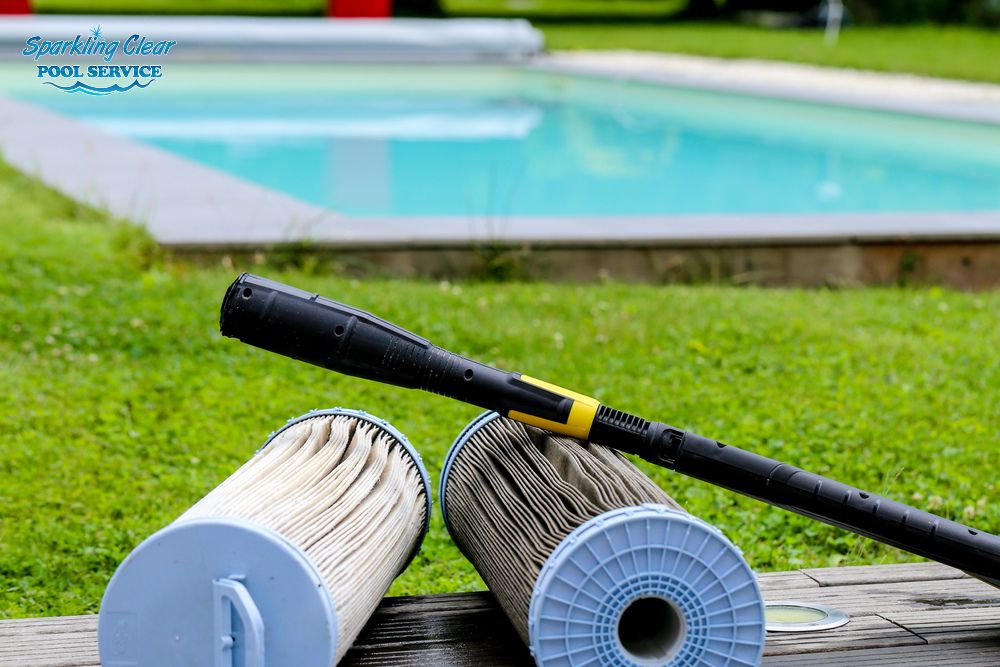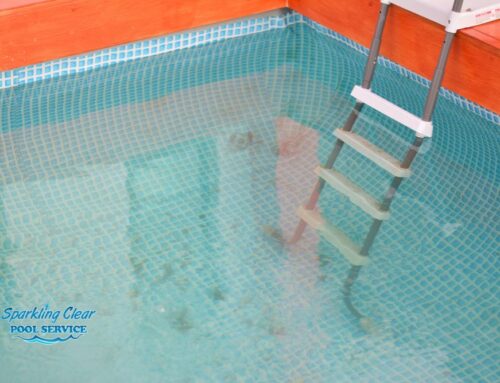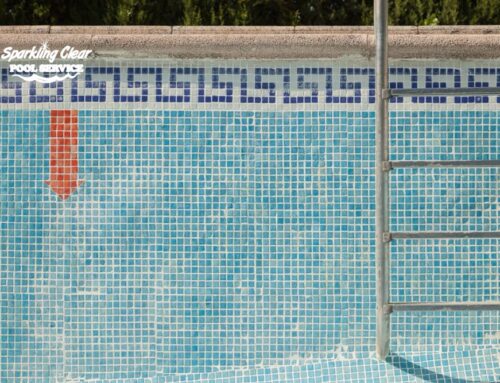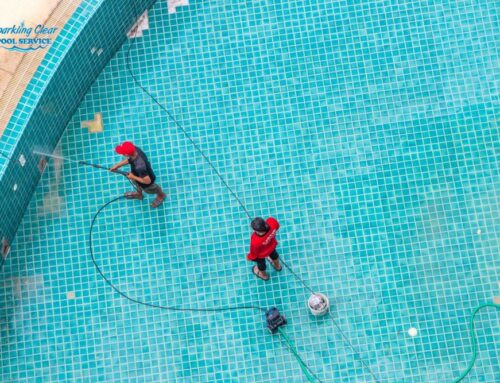On a scorching summer day, there’s nothing like a refreshing dip in a crystal-clear swimming pool. Behind the scenes of that pristine pool water lies a crucial component: the pool filter system. While often overlooked, these systems maintain water quality and ensure your pool remains a safe and enjoyable oasis. Let’s explore how they work, the types available, and why they are essential for your pool’s health.
What Does a Pool Filter System Do?
A pool filter system keeps your pool water clean and safe by removing debris, dirt, algae, and other contaminants. Without an efficient filtration system, your pool water can quickly turn cloudy, green, and unsuitable for swimming.
Types of Pool Filters
There are three main types of pool filters commonly used today: sand filters, cartridge filters, and diatomaceous earth (DE) filters. Each type has its own unique features and advantages.
- Sand Filters: These filters use a bed of specially graded sand to trap impurities. As water flows through the sand, particles are caught and retained, leaving behind clean water. Sand filters are known for their durability and are relatively low maintenance.
- Cartridge Filters: Cartridge filters utilize a pleated fabric cartridge to capture contaminants as water passes through. These filters are efficient at trapping finer particles and are easy to clean. Cartridge filters are often preferred for their energy efficiency and low water wastage.
- Diatomaceous Earth (DE) Filters: DE filters use a fine powder made from diatomaceous earth, a porous material, to create a highly effective filtration surface. Water passes through the DE-coated grids, trapping even the tiniest particles.
Also read: Understanding the Mechanics of Robotic Pool Cleaners
The Importance of a Pool Filter System
A pool filter system is a necessity for pool owners. Here’s why:
- Water Clarity: A well-functioning pool filter system ensures that your pool water remains clear and inviting, enhancing the overall swimming experience.
- Health and Safety: By removing contaminants, pool filter systems help maintain safe and hygienic water conditions, reducing the risk of waterborne illnesses and skin irritations.
- Extended Equipment Life: Clean water is less taxing on your pool’s equipment, such as pumps and heaters. Regular filtration prevents clogs and damage, extending the lifespan of these costly components.
- Energy Efficiency: A clean pool requires less chemical treatment and circulation, resulting in lower energy bills and reduced environmental impact.
How a Pool Filter System Works?
Here’s a simplified breakdown of the filtration process of a pool filter system:
- Water Intake: The pool pump circulates water from the pool through the filter system. This water is usually drawn in from the pool’s skimmer and main drain.
- Filtration: As water enters the filter, it passes through the chosen filter medium (sand, cartridge, or DE). Contaminants and particles in the water are trapped by the filter medium, allowing only clean water to pass through.
- Clean Water Return: After filtration, the clean water is pumped back into the pool, where it rejoins the main body of water, maintaining proper circulation.
- Regular Maintenance: Over time, the filter medium accumulates debris and particles. Regular maintenance, such as backwashing (for sand filters), cleaning (for cartridge filters), or recharging (for DE filters), is necessary to ensure the filter’s continued efficiency.
Also read: 3 Benefits of Keeping Your Pool Clean and Maintained
Ensure Clean Pools with Sparkling Clear Pool
For those who want to enjoy the pleasures of a sparkling clean pool without the hassle of maintaining the filter system themselves, Sparkling Clear Pool Service is here to help. Contact us today to ensure your pool stays crystal clear and ready for your next refreshing swim.






